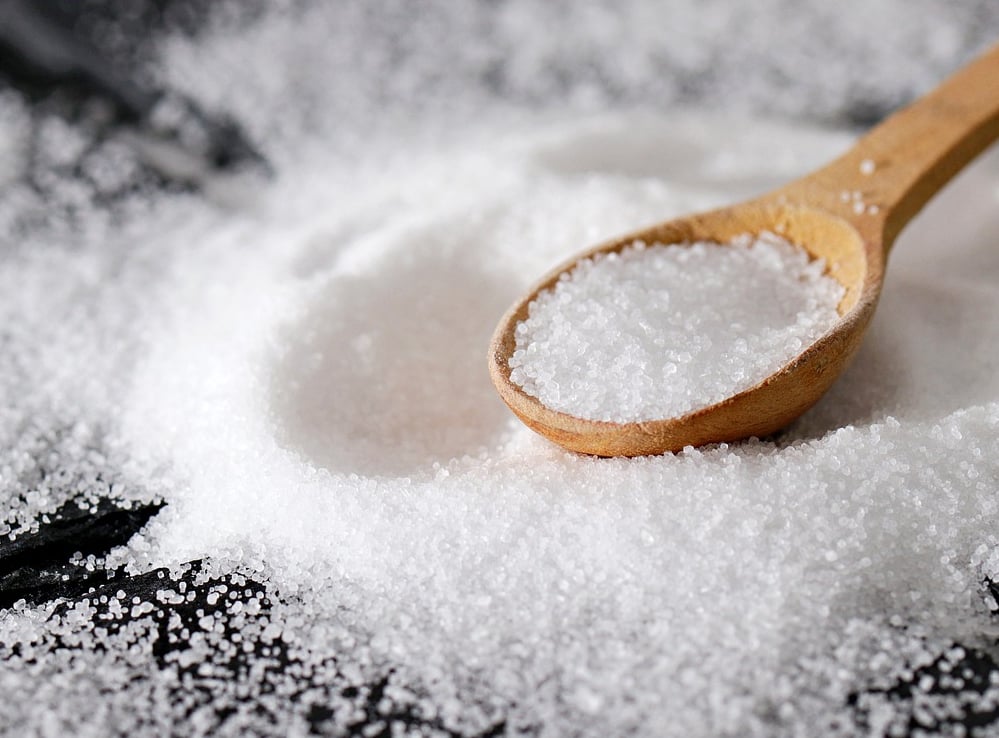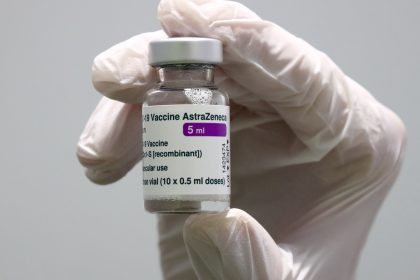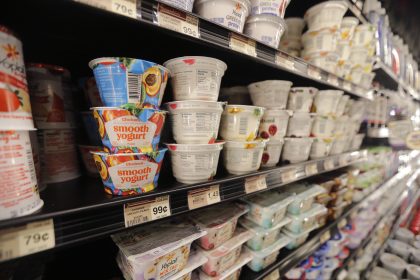Is Salt Really Bad for You?

WASHINGTON — Adding salt to a home cooked meal gives it flavor. Drinking water with a bit of salt after a long and sweaty workout can help you rehydrate. Yet, salt is often demonized as unhealthy — but context matters. People in the United States tend to eat a diet high in processed foods, which can lead to an excessive sodium intake, which may then contribute to health issues.
Let’s explore the salty mineral. We’ll explain the role of salt in general health and how it helps with exercise. Then, we’ll examine how too much salt may contribute to medical conditions and give you tips on reducing your intake while still enjoying the flavor.
What Salt Does in Your Body
Sodium is an essential mineral and an electrolyte, along with magnesium, calcium, chloride, potassium, phosphate and bicarbonates. Electrolytes help maintain fluid balance in cells and prevent dehydration. Sodium conducts nerve impulses and helps muscles contract and relax.
When you combine sodium with chloride, you get table salt. When you consume salt or sodium, your kidneys help balance your levels. If you get too little sodium, your kidneys hang on to it. If you have too much sodium, your kidneys release it in urine. At even higher levels, it gets released into your blood.
High sodium in your blood also increases water in your blood cells, raising your blood volume and blood pressure. With a higher blood volume, your heart has to work harder to pump blood, which may lead to high blood pressure, increasing your risk of cardiovascular diseases.
Salt and Exercise
Over time, too much sodium in your blood can lead to health conditions. On the other hand, much research suggests that salt can improve exercise performance in athletes. Here’s how it works.
- Hydration: When you sweat while exercising, you may lose up to four liters of water and 1000 milligrams of sodium. The numbers are higher if you exercise in heat, for a longer period, or are an endurance athlete. Consuming water with salt after a workout can help you rehydrate, which is why electrolyte sports drinks are popular.
- Endurance: Research shows that salt before an intense workout may increase endurance, allowing you to exercise longer before fatigue sets in.
- More Blood Flow: Higher blood volume, which leads to chronic high blood pressure, may be dangerous for your health. In the short term, increasing blood volume before exercise with salt can boost blood flow. Better blood flow helps deliver oxygen and nutrients to your muscles.
- Muscle Contraction: Salt is often associated with endurance exercise but since it plays a significant role in muscle contraction, it can help you with resistance training, where you repeatedly contract your muscles.
The impact of salt on exercise is mainly for endurance athletes or anyone exercising at a high intensity for at least two hours. In those cases, the American College of Sports Medicine recommends adding 0.3 to 0.5 of a teaspoon of salt to your water before exercising to improve performance.
Salt Intake and Medical Issues
High sodium intake is often associated with medical conditions involving the kidneys and the heart. It’s always best to check with your doctor if you are concerned.
A 2023 study in the Journal of the American Medical Association found a correlation between people who reported adding salt to their food and people with chronic kidney disease.
Vast research over the years finds a link between high sodium intake and hypertension, or high blood pressure. According to the National Institutes of Health, half of all Americans have high blood pressure, which is defined as 130/80 mmHg or higher.
Recommended Daily Limit
Let’s look at the numbers.
- The American Heart Association states that most Americans get over 3,500 milligrams of sodium daily.
- The recommended daily limit set by the U.S. Department of Health and Human Services for adults is 2,300 milligrams daily.
- For people with hypertension, 1,500 milligrams per day is the recommendation.
Consuming much more salt than recommended can lead to health problems, leading to its bad reputation.
Reducing Your Sodium Intake
If you have high blood pressure, the good news is that research shows reducing your sodium intake has comparable blood pressure-lowering effects to taking medication. Of course, consult your doctor for personal medical advice.
So where do all the extra milligrams of sodium come from if you’re not dumping your salt shaker on your food? Nearly 70% of sodium Americans consume comes from processed, packaged or restaurant foods. While it may help to cut back on added table salt, the first thing to do is check the nutrition facts on your food products for high sodium levels.
Following the “DASH” diet, or a low-sodium Mediterranean diet may help. These diets consist of eating plenty of vegetables, whole grains, some dairy and some red meat — all containing other nutrients that can help lower blood pressure.
- Whole foods, such as fruits, vegetables, legumes, and whole grains, are less likely to have added sodium than processed foods.
- Frozen meals, soups, and restaurant foods are high in sodium. Making your own homemade versions of these foods allows you to add some salt and stay within the recommended range.
Too Salty?
Salt is an essential mineral your body needs to keep your fluids balanced and your nerves and muscles healthy. Getting too much of it, usually from a diet high in processed foods, may lead to high blood pressure. If you’ve been told to cut back on sodium, cooking meals at home made up of healthy, whole foods is a great place to start.
You can reach us at [email protected] and follow us on Facebook and X (formerly known as Twitter)

























